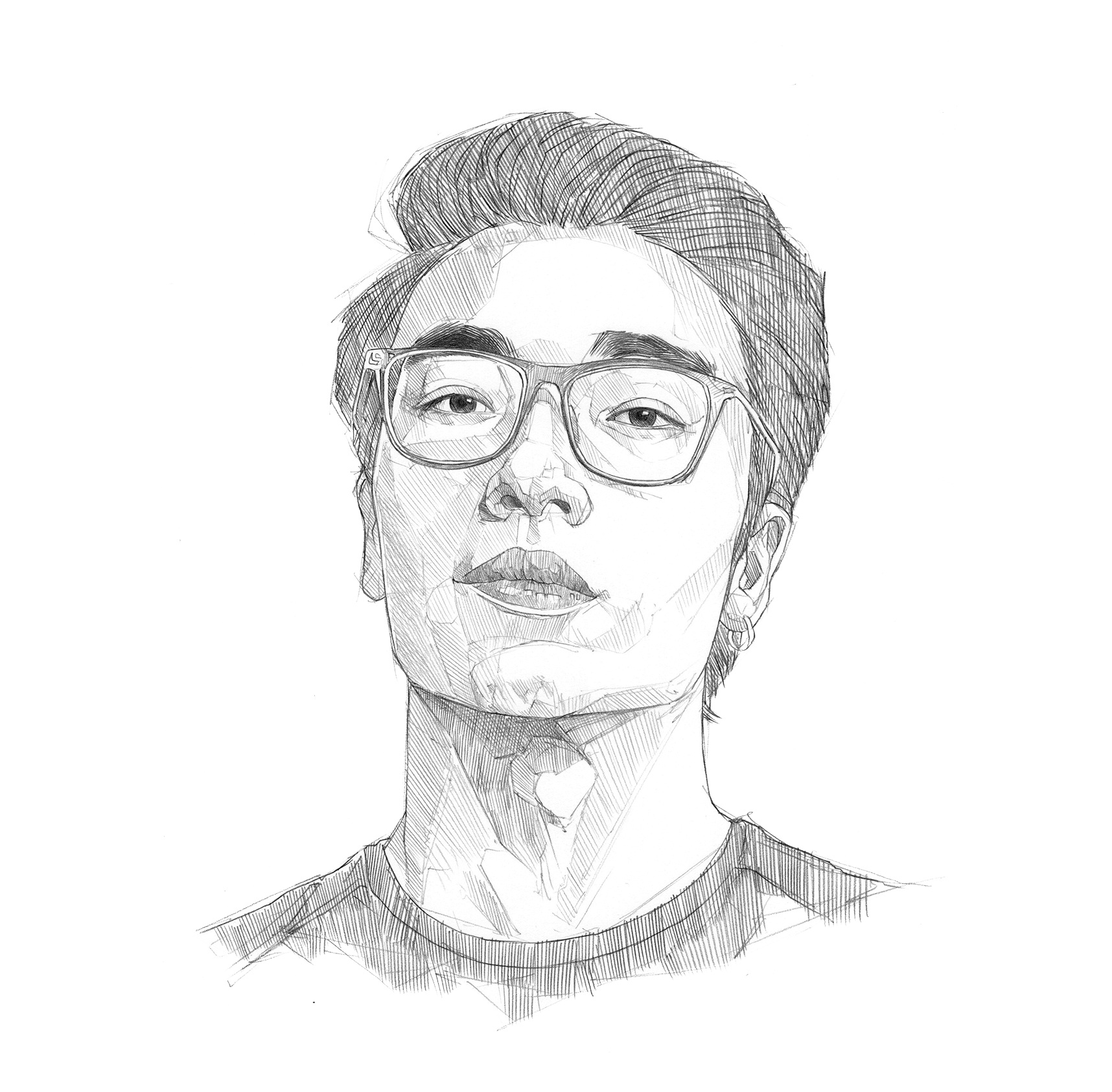CBU
Actually, I did Psychology in nursing. I mean that was 20 years ago, but it’s – every women feels the same. We may physically have different cultural backgrounds, but when it comes to sexual harassment,…
I think that if the men [were] here, maybe the men would want to hear how I don’t want to be treated. Like one of the participants said, um, some people don’t know that its…
[If a friend confided in me that they were sexually assaulted], I will be happy that someone trusts me to confide in me something very important and private, so I would be careful. And what…
I think it is good if we can have any informal infographic or any report saying that throughout the last few years, or maybe an annual report showing how frequently the policy has been implemented…
If I’m a survivor I need to have a very trustworthy person who can help me with the situation I’m facing. Like, I trust them [with] my situation; they are not having any doubt about…
People that have the problem with sexual assault, that’s a very sensitive problem and they need an advisor uhh that to listen to their story and understand them and sympathize with them.
My best advice [for a survivor from my community] would be to go with someone you are familiar with, maybe your relatives, someone you can trust. […] Because Asian people would be really, really shy…
They should recruit some Southern Asian people so the language is much more important, because the victim should talk in their own native language so they have more confidence and they feel they are being…
In South East Asia, people – especially the young people – they are not really comfortable reporting such thing call[ed] sexual violence, because they fear of losing face or being disclosing their confidentiality. [This is…
Our perspective about assault, or sexual thing, is different among cultures; and maybe some cultures are very sensitive about [these issues]. So it will be very, very great if in this policy they will have…

